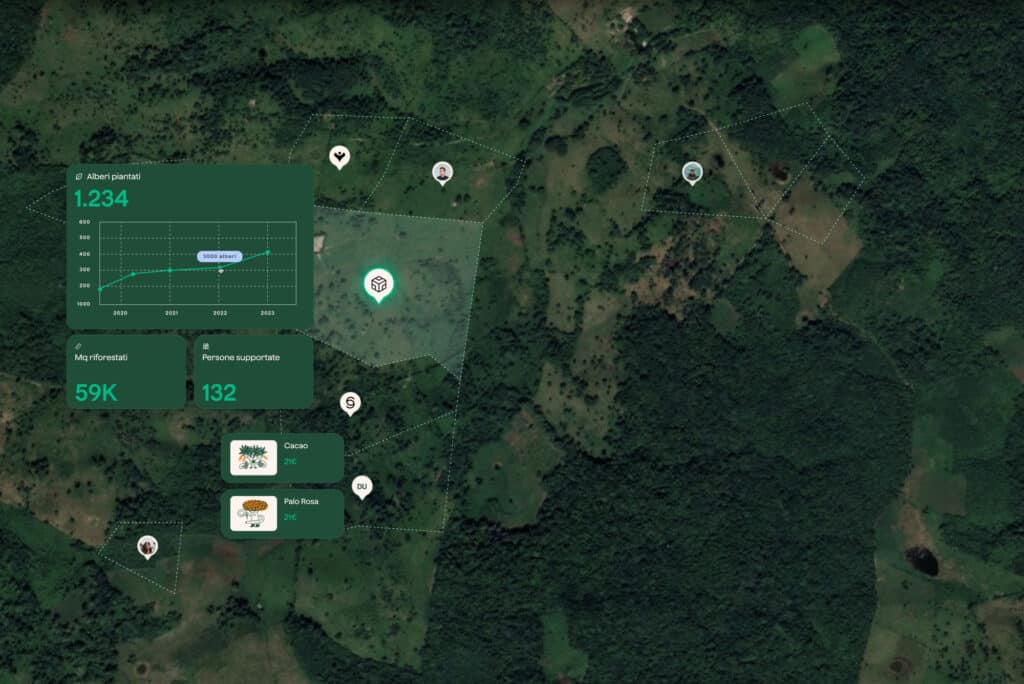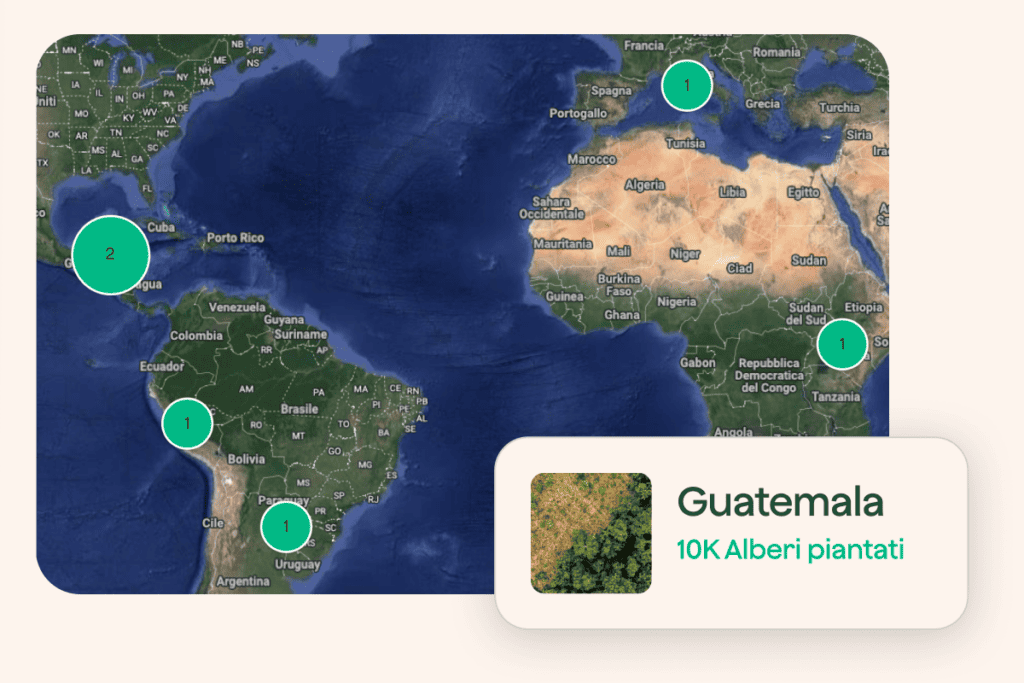The notion of net zero represents the goal of achieving a balance between the greenhouse gas emissions produced and the emissions removed from the atmosphere, in order to prevent the further increase in the concentration of these gases driving climate change.
Important notes on net zero
- The notion of net zero does not in itself imply the complete elimination of greenhouse gas emissions, but the creation of a balance in which emissions generated by human activities are offset by removal measures, such as carbon absorption through reforestation;
- A net-zero target implies a pathway, normally associated with a time frame, that should never disregard the sustained and increasing reduction of emissions;
- The current national climate plans of parties to the Paris Agreement would collectively lead to an increase of almost 11% in global GHG emissions by 2030 compared to the 45% reduction needed to keep global warming within 1.5 °C.
Read more
The goal of net zero is a crucial issue in the climate change debate and in the planning of mitigation strategies. The scientific community has now clearly demonstrated that in order to avoid the worst impacts of climate change and preserve a liveable planet, global temperature increase must be limited to 1.5 °C above pre-industrial levels. To date, we have achieved an increase of 1.1°C since the late 1800s, but instead of stopping, emissions continue to rise. To achieve the goal of a limited increase to 1.5°C as set by the Paris Agreement, global emissions must be reduced by 45% by 2030 and reach net zero by 2050.
Net zero represents a crucial challenge and an opportunity to redesign our approach to resources and energy. Achieving net zero requires a collective global commitment and a radical shift towards more sustainable production and consumption patterns. The road to net zero is one that requires collaboration, innovation and determination to ensure a more sustainable future for future generations. Replacing energy from fossil fuels with energy from renewable sources is an example of a key step in the transition towards a net zero world.
A growing coalition of organisations, governments, cities, companies and industries are making commitments to achieve net zero by certain deadlines, often by 2050. More than 70 countries, including China, the United States and the European Union, which together account for 76% of global emissions, have set a net zero target. More than 3,000 companies and financial institutions are working with the Science-Based Targets Initiative to reduce their emissions in line with net zero targets. And more than 1,000 cities, more than 1,000 educational institutions and more than 400 financial institutions have joined the Race to Zero, pledging to take severe and immediate action to halve global emissions by 2030.
However, the gap between formal commitments and implementation still needs to be bridged. To develop stronger and clearer standards for net-zero emission commitments by non-state entities and to speed up their implementation, UN Secretary-General António Guterres established a dedicated High-Level Panel of Experts in March 2022, which presented its recommendations to COP 27 on 8 November 2022.
To date, we are not on the right track. In order to reach the goal of global net zero by 2050, all governments that are party to the Paris Agreement must greatly increase the level of ambition of their reduction plans and, most importantly, act accordingly.











